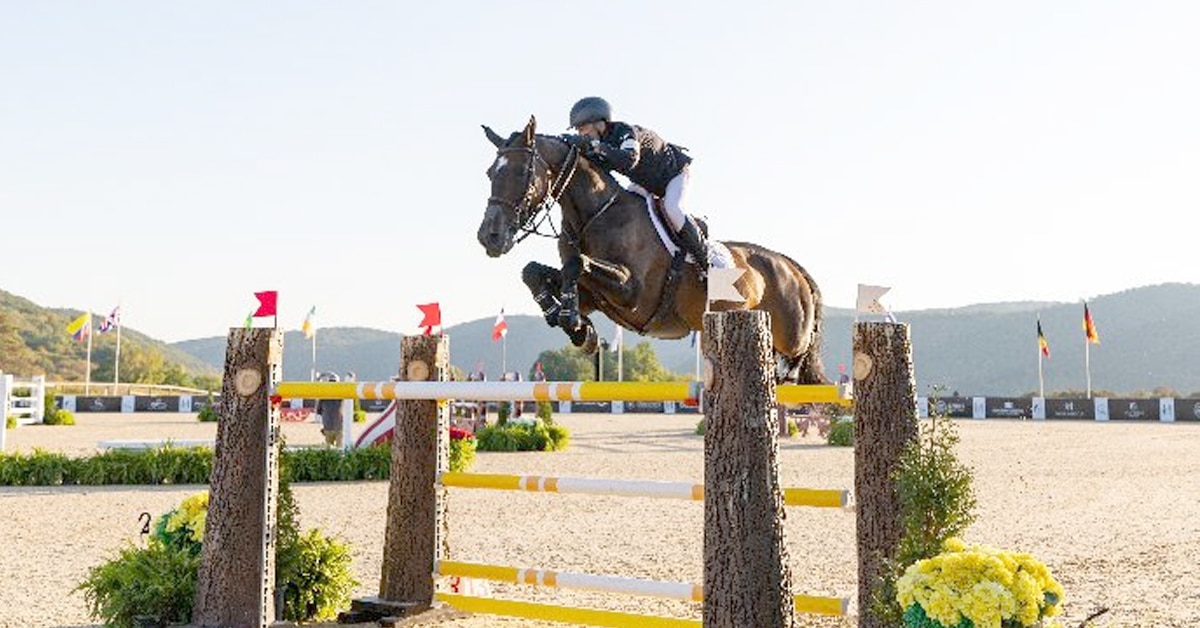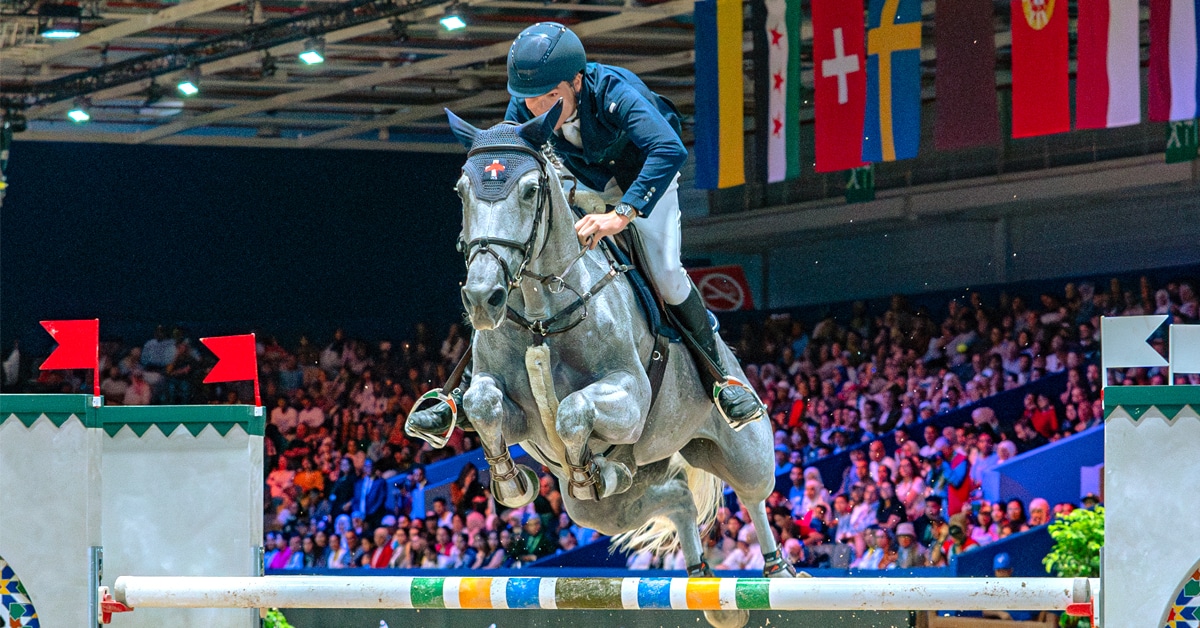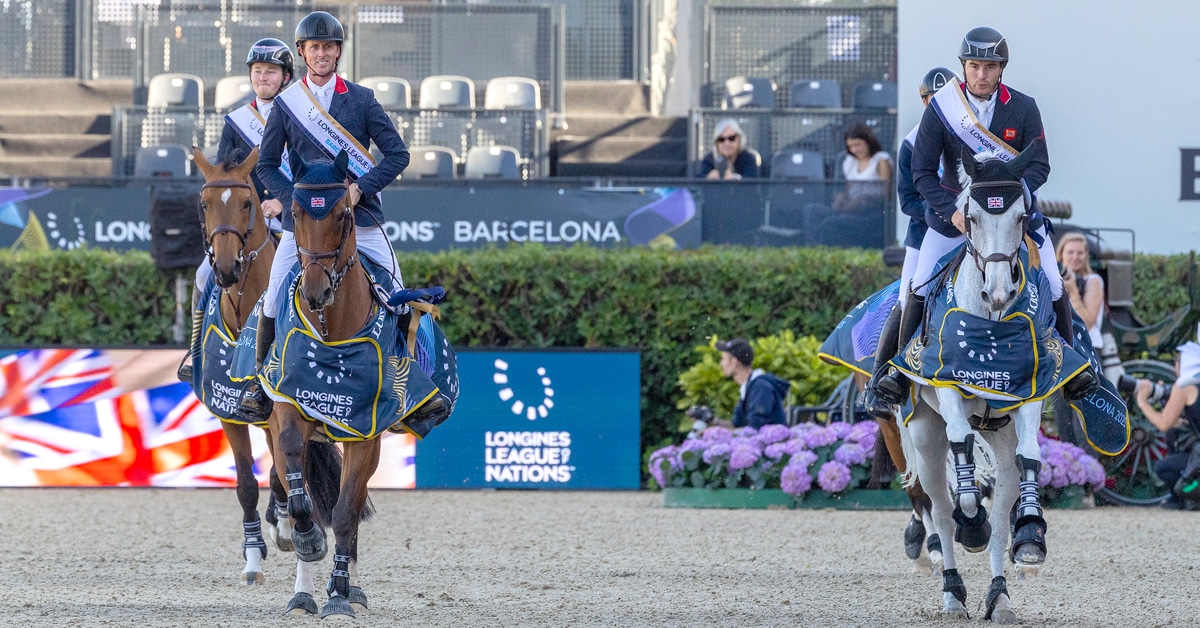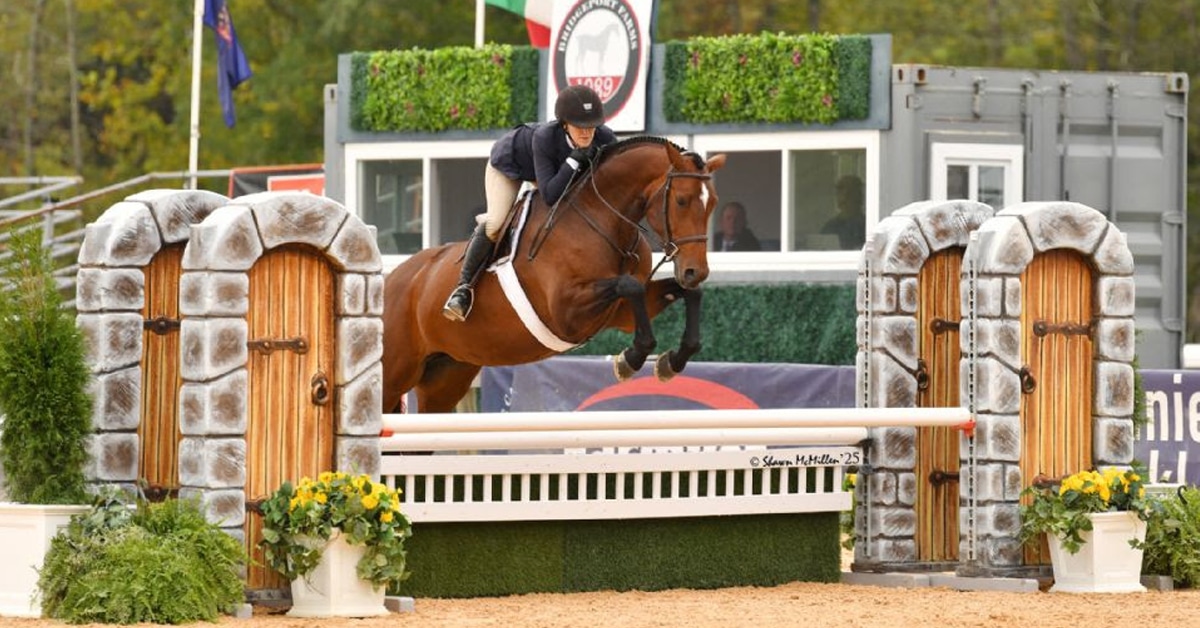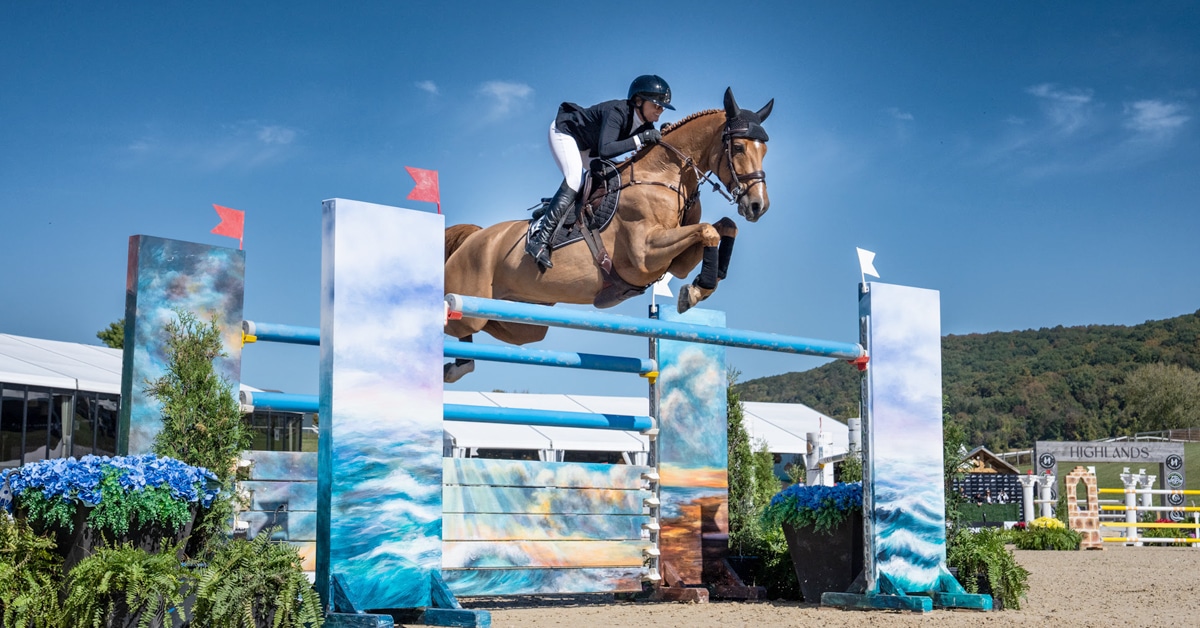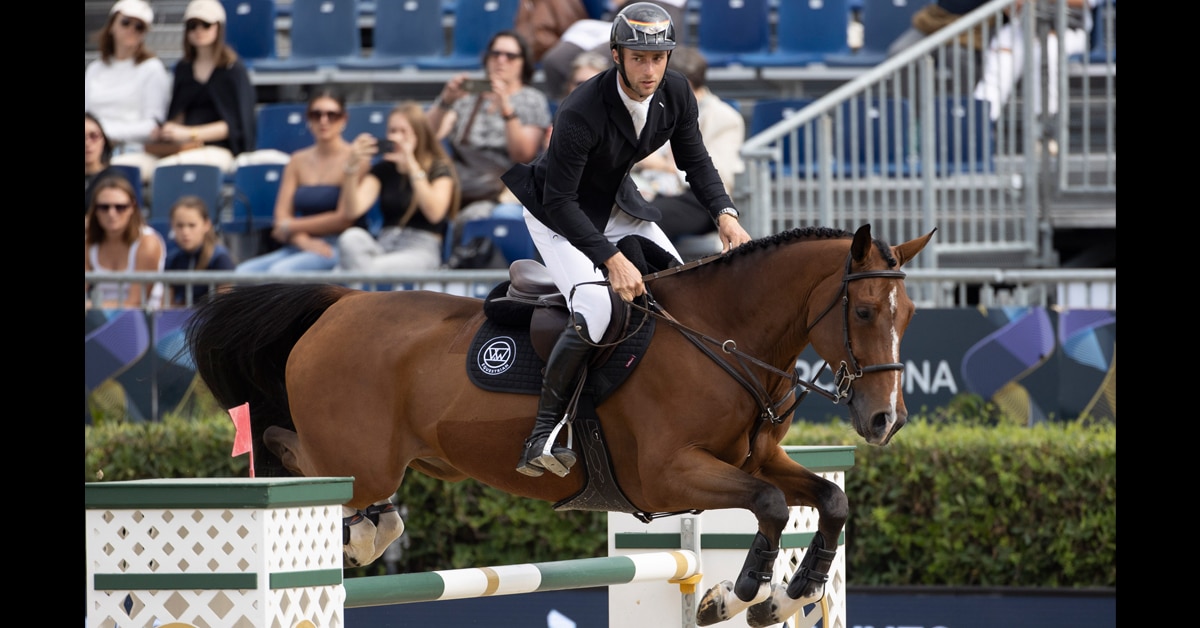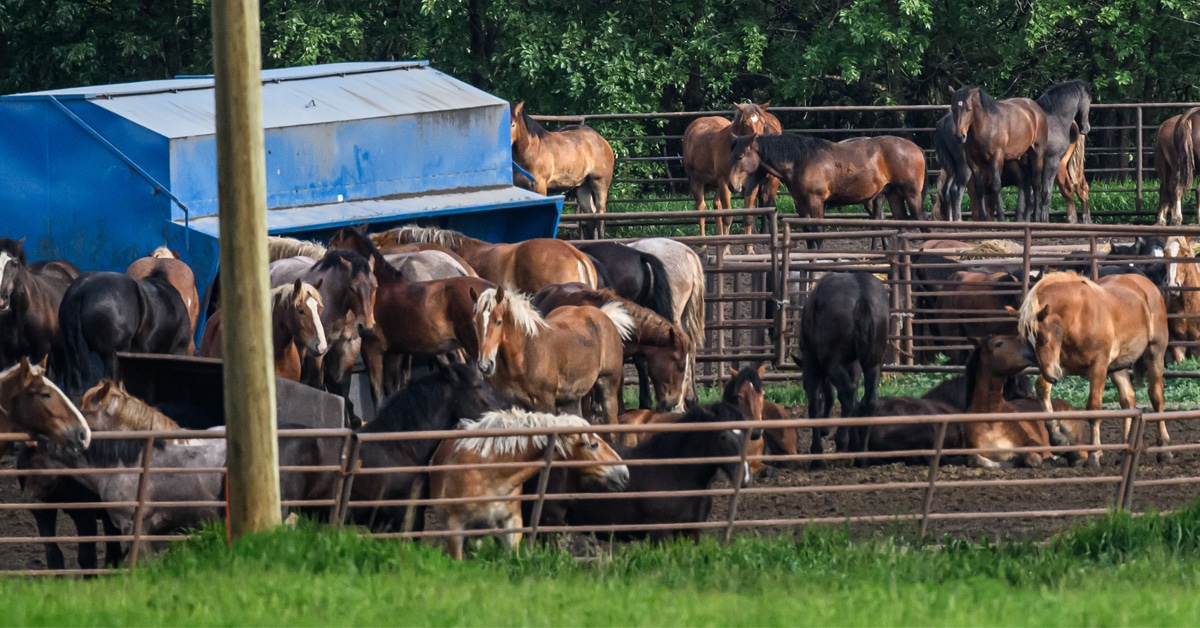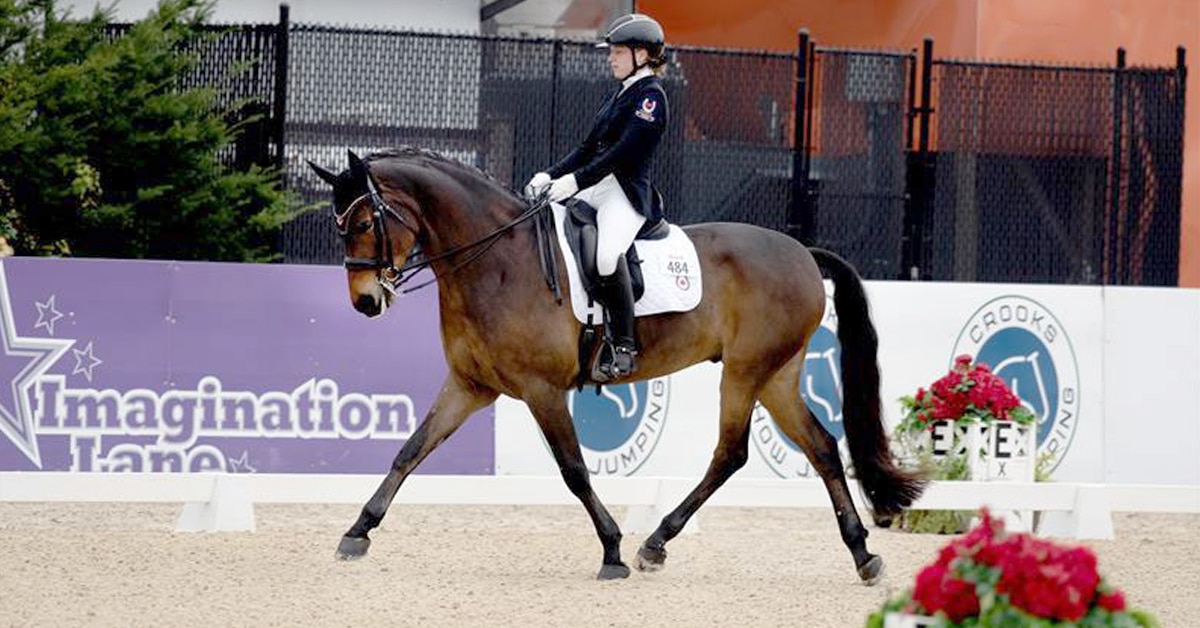Ottawa, Ontario—There is important information available for equestrian competition officials from Canada travelling to the United States.
Officials who are Canadian citizens travelling to the US to officiate at any level of competition—local, state, national and international—may need additional documentation depending on the nature of their visit and type remuneration.
A non-Canadian citizen, such as a landed immigrant, requires a visa to enter the US, and they need to make a visa application prior to entry.
If a Canadian official is paid an honorarium in exchange for officiating services, no work status is necessary. The word honorarium must be used in all paperwork. Honorarium (8 CFR 214.8.) is defined as a gratuitous payment of money or any other thing of value to a person for the person’s participation in a usual academic activity for which no fee is legally required and that an honorarium may be of any dollar amount with no minimum or maximum dollar amount required. This definition makes clear that honorarium is altogether different than a salary that an individual receives on a continuing basis. Please reference http://www.uscis.gov/propub/ProPubVAP.jsp?dockey=10ee592e9db187d8afe8e0869fb341be for the definition of honorarium for this purpose. When payment is in the form of an honorarium, Canadian officials should deal directly with US Customs and Border Protection (CBP) officers at the Port of Entry. They do not need to come to the Embassy or a Consulate for a visa first.
A B-1/B-2 visa is a visitor visa—a B-1 is for business, while a B-2 is for pleasure. If the compensation is an honorarium, then this is the correct status for the visitor. If the official is a Canadian citizen, then he or she applies at the border and is admitted with this status. If the official is not a Canadian citizen, then they need a visa.
If the method of payment is not an honorarium, then a Temporary Work Status or H-1B visa is necessary. The employer of the Canadian official must initiate the hiring process and the subsequent H-1B process through Citizenship and Immigration Services (CIS). After it is approved, the Notice of Approval (I-797) will be sent to the official. The Canadian official takes I-797 and proceeds to the border to enter the US as a temporary worker. In the case where the official is not a Canadian citizen, they should take the I-797 to the Consulate to apply for a visa.
Phone inquiries about any kind of visa should be directed to the US Visa Information Call Center:
• 1-888-840-0032 from either the US or Canada—you will be asked to provide your credit card number at a cost of $1.59/minute in CDN funds,
• 1-900-451-2778 from within Canada—you will be charged $1.89 per minute in CDN funds, or
• 1-900-443-3131 from within the US—you will be charged $1.89 per minute in US funds.
Many office phones and all pay phones are set to block calls to 900 numbers. If the 900 telephone service is not available to you, please use the 888 number above.
Addition information about visas to the US is available at http://amcits.com/exceptions.asp.
More News
